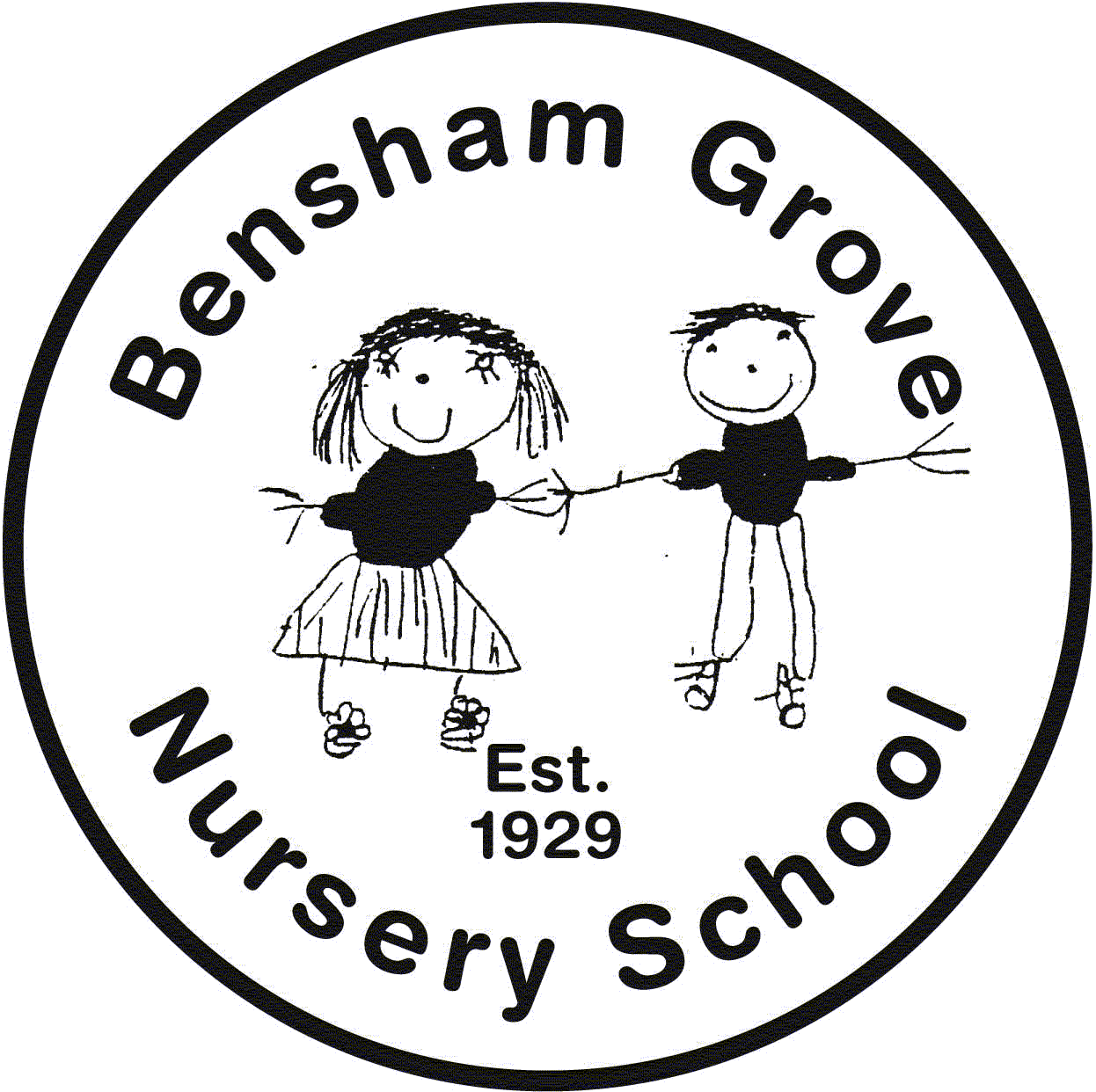Week commencing 15th September 2025
The Investigation Hub at Sidney Grove
Characteristics of Effective Learning
The children have been eagerly observing the construction of our new “Bensham Bridge” in the garden this week. We have been singing “Bensham Bridge is falling down, falling down, falling down, Bensham Bridge is falling down, can we fix it?” We discussed the materials needed to construct the bridge and the children were fascinated to watch the process over the week. This interest has been reflected in the children’s use of blocks in the construction area. They have been building their own bridges, considering which blocks are stronger (to walk across) and problem-solving to create bridges which are “super tall” and “not very wobbly” We will develop this interest further next week through looking at photographs of local bridges the children may recognise.
Parents as Partners
Our core text has been Goldilocks and the Three Bears which we explored through a variety of practical experiences. These included exploring porridge oats talking about their texture, smell and appearance and then combining them with water to make porridge, creating homes for the bears in forest school thinking about their sizes and ordering natural objects such as logs to fit them perfectly. The children also used leaves and natural materials to make more “porridge” for the bears to eat.
Whilst exploring mark-making opportunities using paintbrushes in dry oats the children used a wide range of vocabulary to describe what they experienced. Words such as “sprinkle” “swirl” “ingredients” and “crunchy”. Some children were able to explain the difference between dry and cooked oats: “it’s different because the oats feel like oats! They not ready! Need to cook with milk!” Some children were able to bring in their prior knowledge of oats talking about home experiences: “stir it up, put it on the bench and eat it up! My Nana makes it!”
In group time we worked on focussed counting using objects and numerals. Natalia’s group enjoying dropping feathers from a height and seeing which numbers they would land on. For children who don’t yet confidently recognise numerals this daily practice helps to embed the link between number names and their symbols.
This week in the rising 3s we have enjoyed listening to our story of the week “Goldilocks and the Three bears”. During this activity the children demonstrated a strong sense of curiosity and a love for literature while helping to count and sort objects in order of size. To help support and extend this wonderful learning other cross curriculum activities such as sensory oat mark making, painting using fine brushes, singing using props and physical parachute games have been enjoyed during group time activities.
Outdoors Learning
We started our first sessions to forest school with our older children this week. To begin with, we focus on safety rules such as always walking and looking for trip hazards, keeping sticks low when transporting and learning to access forest school safely using the steps and holding the handrail. We always take time to sit and listen to the environmental sounds such as birdsong and the wind rustling the leaves. We also observe the sky and the children talk about what they see which could be: ”a dinosaur cloud!”
The children enjoyed their first challenge task to build a home for the three bears. They looked carefully for small, medium and large logs to use as seats and used sticks to make a fireplace to keep the bears warm. Some children enjoyed using leaves and bark to make porridge, stirring it up in a cauldron! Some children chose to use the bears as puppets to re-enact parts of the story, changing their voices to make a deep Daddy Bear voice, a gentle Mummy Bear voice and a tiny Baby Bear voice.
Staff Training
The Investigation Hub team completed their training focussed on working with families this week. During the session, we were introduced to a really useful resource: BBC Tiny Happy People. This website is full of practical tips, activities, and guidance for families, tailored to children’s different developmental stages.
You can explore it here: BBC Tiny Happy People
